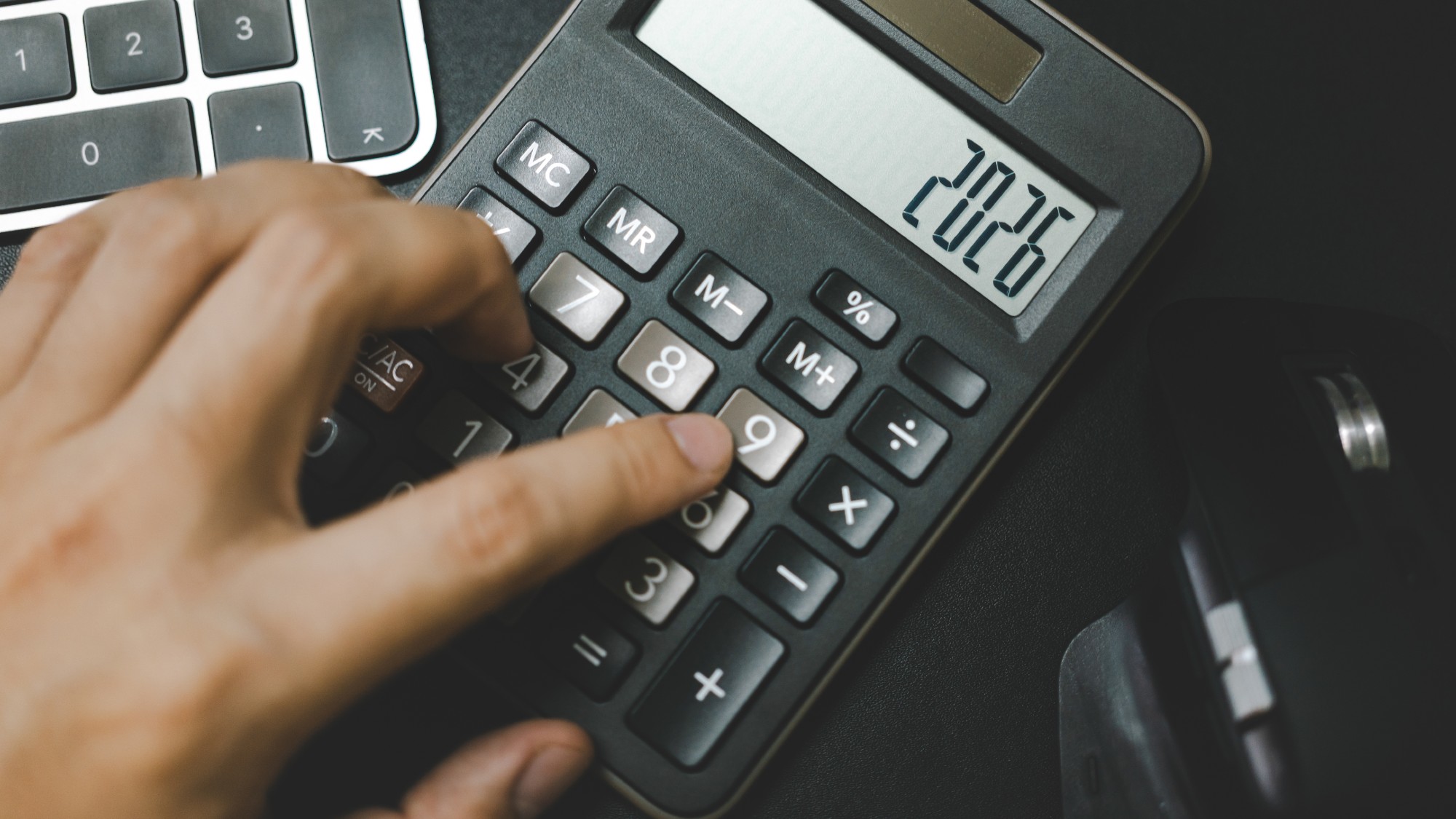What lower inflation means for your finances
The inflation rate has hit its lowest level for two years, but it's not all good news

A free daily email with the biggest news stories of the day – and the best features from TheWeek.com
You are now subscribed
Your newsletter sign-up was successful
Inflation has fallen to its lowest level in two years, so what does this mean for your wallet?
Data from the Office for National Statistics (ONS) shows that the inflation rate – the cost of goods and services – was 4.6% in October, down from 6.7% a month before.
It is a "significant" drop, said MoneyWeek, as it means the government has met its pledge to halve inflation this year, but the rate remains "substantially higher" than the Bank of England's 2% target.
The Week
Escape your echo chamber. Get the facts behind the news, plus analysis from multiple perspectives.

Sign up for The Week's Free Newsletters
From our morning news briefing to a weekly Good News Newsletter, get the best of The Week delivered directly to your inbox.
From our morning news briefing to a weekly Good News Newsletter, get the best of The Week delivered directly to your inbox.
Rishi Sunak may be "boasting" about fulfilling his promise, said James Meadway in The Guardian, but "neither he, nor his government, nor even the Bank of England" deserve the credit, "which is driven by falling global energy prices".
"But, make no mistake," warned the BBC, "prices are still going up", just at a "slower rate than they were".
Here is how the latest drop in the inflation rate may help you.
Your pay packet
Rising inflation means workers’ wages "essentially lose their monetary value", said Unbiased. You are "effectively losing money", said The Times Money Mentor, if your pay doesn’t keep up with the rising cost of living
A free daily email with the biggest news stories of the day – and the best features from TheWeek.com
Separate ONS data this week also showed average earnings, excluding bonuses, were up 7.7% between July and September compared with the previous year, which means wages are now growing faster than living costs.
Savings rates
High inflation is a "big problem" for savers if your interest rate is lower than the cost of living measure, explained MoneyHelper, as it takes a "large chunk out of the purchasing power of their money".
The lower inflation rate means there are now some standard savings accounts that can "outpace its eroding prowess", said Moneyfacts. But savers should "act quickly" as the top "enticing" rates can often be pulled once they become fully subscribed.
Pension payments
The state pension rises each year based on a controversial policy called the triple lock, which uses whichever is higher out of average wages, inflation, or 2.5%.
Pensions are due to increase in April 2024 and the highest of those three figures was the 8.5% the ONS recorded for average wage growth, including bonuses, for May to July 2023. If this is the figure the government uses to work out a rise in state pensions it "probably means pensioners receive an uplift twice the rate of inflation", said the i news site.
Liz Emerson, chief executive of the Intergenerational Foundation, told the site that such a move would be a "massive inter-generational unfairness on the young who will have to work for less money for longer and take less while propping up older people".
Cost of borrowing
Borrowing money such as for a mortgage has become "much more expensive than people were accustomed to for more than a decade", said the BBC, as the Bank of England has been raising interest rates for much of this year to bring inflation down.
Economists are now in "broad agreement", said This is Money, that its hikes are "starting to be felt in the economy", meaning there is less of a need to continue. This could "feed through to a decline in mortgage rates", which have hit highs of 6%.
Your personal inflation rate
The rate of inflation is based on the changing costs of a typical basket of goods including food, clothes, transport and energy bills.
Inflation may be slowing but the figure is just an average and your own costs could be rising at a "very different rate", said the BBC, "depending on what you spend your money on".
For example, food inflation is at 10.1%, "much higher than the average overall rate", so households who spend a greater proportion of their outgoings on food will find their personal inflation rate is "higher than the 4.6% headline figure", the broadcaster added.
Similarly, if you don't drive, said The Times Money Mentor, "you won't be as affected by rises in the cost of petrol compared to the average person".
Marc Shoffman is an NCTJ-qualified award-winning freelance journalist, specialising in business, property and personal finance. He has a BA in multimedia journalism from Bournemouth University and a master’s in financial journalism from City University, London. His career began at FT Business trade publication Financial Adviser, during the 2008 banking crash. In 2013, he moved to MailOnline’s personal finance section This is Money, where he covered topics ranging from mortgages and pensions to investments and even a bit of Bitcoin. Since going freelance in 2016, his work has appeared in MoneyWeek, The Times, The Mail on Sunday and on the i news site.
-
 The 8 best TV shows of the 1960s
The 8 best TV shows of the 1960sThe standout shows of this decade take viewers from outer space to the Wild West
-
 Microdramas are booming
Microdramas are boomingUnder the radar Scroll to watch a whole movie
-
 The Olympic timekeepers keeping the Games on track
The Olympic timekeepers keeping the Games on trackUnder the Radar Swiss watchmaking giant Omega has been at the finish line of every Olympic Games for nearly 100 years
-
 How to juggle saving and paying off debt
How to juggle saving and paying off debtthe explainer Putting money aside while also considering what you owe to others can be a tricky balancing act
-
 The pros and cons of tapping your 401(k) for a down payment
The pros and cons of tapping your 401(k) for a down paymentpros and cons Does it make good financial sense to raid your retirement for a home purchase?
-
 Saving for a down payment on a house? Here is how and where to save.
Saving for a down payment on a house? Here is how and where to save.the explainer The first step of the homebuying process can be one of the hardest
-
 Six ways to boost your finances in 2026
Six ways to boost your finances in 2026The Explainer It’s not too late to make a new year’s resolution to finally get organised money-wise
-
 Planning a move? Here are the steps to take next.
Planning a move? Here are the steps to take next.the explainer Stay organized and on budget
-
 What should you look out for when buying a house?
What should you look out for when buying a house?The Explainer Avoid a case of buyer’s remorse
-
 What to look for in a reliable budgeting app
What to look for in a reliable budgeting appThe Explainer Choose an app that will earn its place in your financial toolkit
-
 3 smart financial habits to incorporate in 2026
3 smart financial habits to incorporate in 2026the explainer Make your money work for you, instead of the other way around